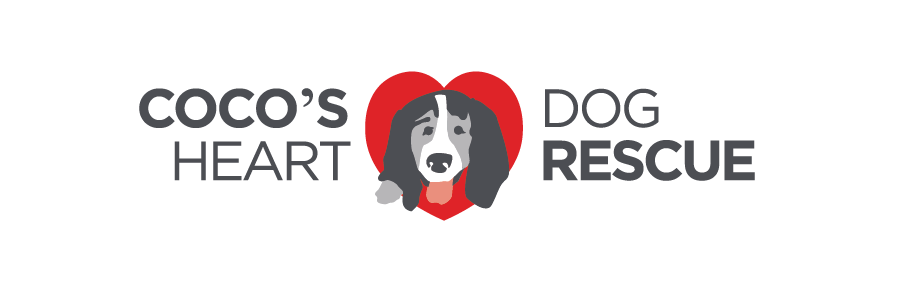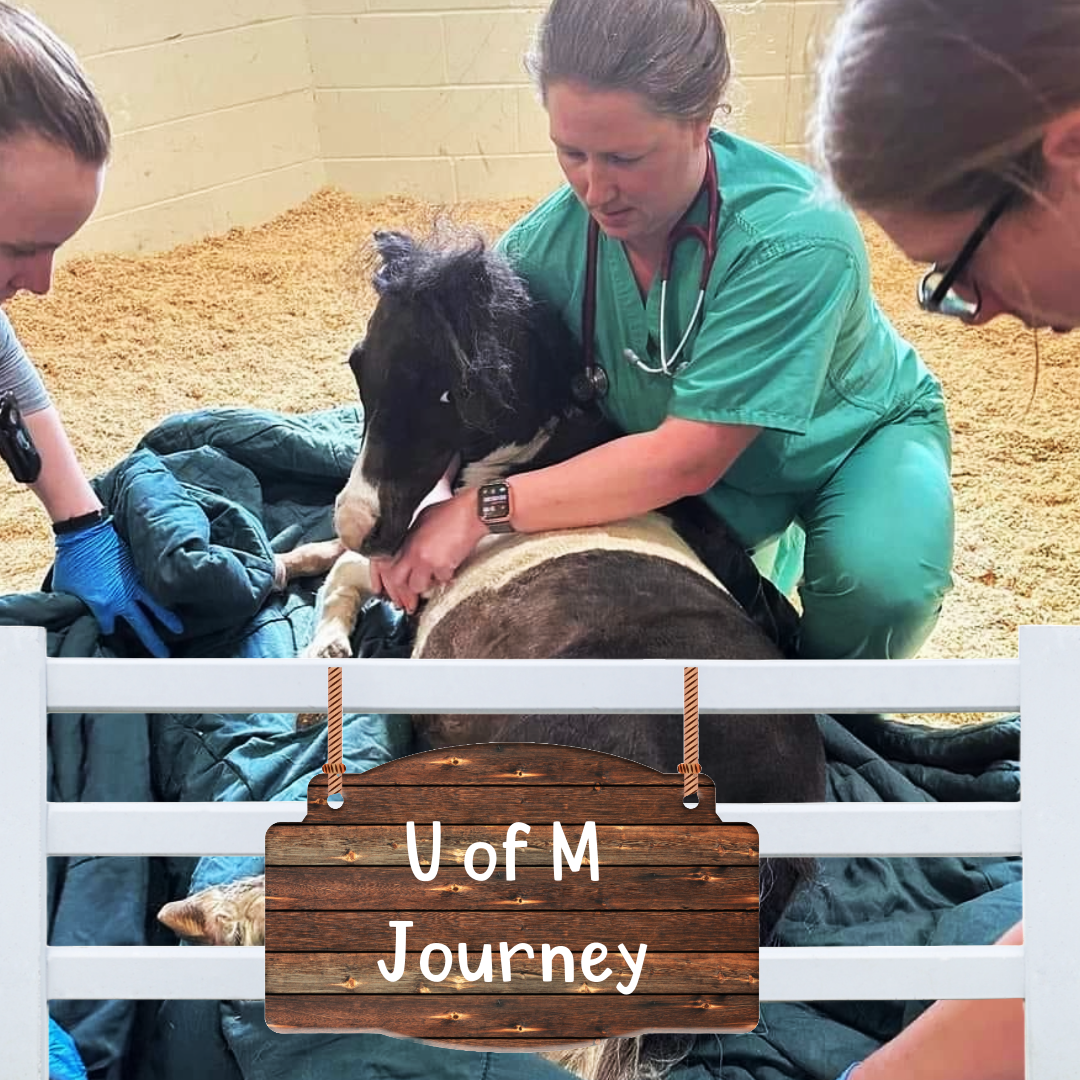May 25th 2024. The day Richard’s life changed forever.
Just shy of about a year old, Richard was kicked by another pony and he went down. An amazing young lady and her mother found him that day and knew something was not right. That’s when panic and so many emotions set in. Anxiety, worry, sadness flooded our hearts and minds. An emergency veterinarian came out right away and the short version is that it was determined the head of his femur in his hind leg had been broken, shattered.
Our hearts sank to the floor. Tears rolling down our cheeks. This couldn’t be it for him. Exactly a week prior, Richard had been a favorite at our annual Children’s Day event where dozens of children and their families met and fell in love with this little guy. Many, not realizing there was such a thing as a “dwarf mini horse” and that as cute as he is, this is an example of bad and unfair breeding. He had a fan base very quickly with his loving and gentle personality and soulful eyes.
But now here he is. Broken and in pain. Euthanasia. That was what the veterinarian said would be next. A horse of any size getting such an injury- it is not like our companion animals like dogs or cats where orthopedic surgery is often a viable option. But then our Director asked the one question that changed the the path we were headed- “but is there another option? Could there be?” We couldn't dial the phone fast enough and a call to the University of Minnesota was made.
Within minutes, we had someone who was ready to listen on the phone. She remained calm but attentive and acted fast. She had briefed Richard’s situation with the team there and came back to the phone. We had never been so anxious waiting to hear what was going to be the result.
Could they help Richard? Would pursuing euthanasia be the only option? His quality of life was and will always remain our top priority. Putting that into the equation of is there anything we can do to help this little buddy, this was no easy consideration. When she returned to the phone, she let us know they consulted with the Small Animal department as well due to his extremely small size, and believed they could help him.
They believed in him, in us, and honorably in themselves to be able to offer Richard his second chance. Arrangements were made and Richard was carried out of the barn, loaded into a cargo van where he rode with the volunteer who helped carry him out, and placed his head on his lap the whole way. When we pulled up to the Leatherdale Equine Center, the vet team rushed out with their gurney. The cargo van doors opened up and all hands were on deck. He was safely transferred to the gurney and brought into the hospital. That is where we got the first weight on him- 115 lbs.
So tiny but so deserving of this chance. Soon enough, Richard went into surgery and received a Femoral Head Ostectomy (FHO) which is a procedure found very rare in the equine species. CHDR had been familiar with this as we commonly pursue this procedure for our canines in rescue but an FHO on a horse? This is not common.
We waited anxiously by our phone that day for the call, hoping with all our might he pulls through. But we knew Richard had the reins at this point. It was up to Richard to decide the next move. Everything from this point was up to Richard and we would follow and respect his lead. He made it out of surgery and the road to recovery had begun. There were tough days- days Richard didn't want to walk. Conversations followed with CHDR and his vet team at the U of M. It was always up to Richard. We were prepared emotionally and mentally that if Richard decided he didn’t want to fight anymore, we would need to let him go.
A couple weeks later, once he was strong, another surgery was needed for him to have a better quality of life long-term- to help address his leg deformities, a condition known as skeletal atavism. This is a direct issue from being bred to be too small. This genetic condition resulted in his legs being deformed and bowed. His bones growing too long. This procedure required removing part of the ulna bone.
A rollercoaster journey that Richard pushed through. His discharge date was July 14th, 2024. He was carried into the hospital and he walked out. Richard is an inspiration to us all. At his lowest, he found things to motivate him and continue on. He had hard days and he didn’t let those bring him down. He got back up and pushed through.
We want to give the biggest thanks to his veterinary team.
Surgeons- Dr Nicolas Ernst, Dr Jenna Young
Surgery Resident- Dr Maria Grenello
His vet-med students who were absolutely incredible and kept him looking his best
And a special gratitude to Dr Dana Cleft, an equine sports medicine intern who played a crucial part in his care. There with him from the beginning to end. Dr Cleft called our team daily with updates. Her kindness and patience will be something we are forever grateful for. She was the glue to his journey at the hospital. THANK YOU!
















